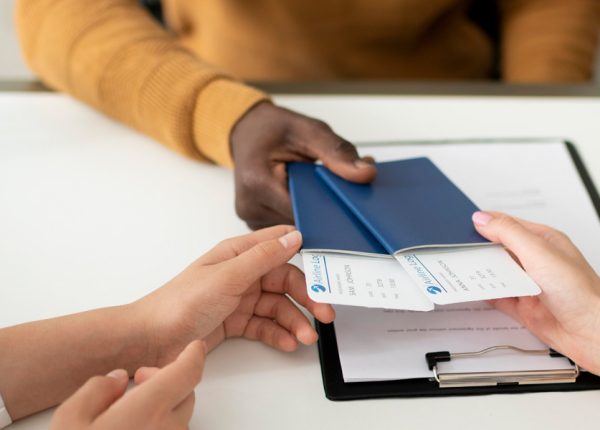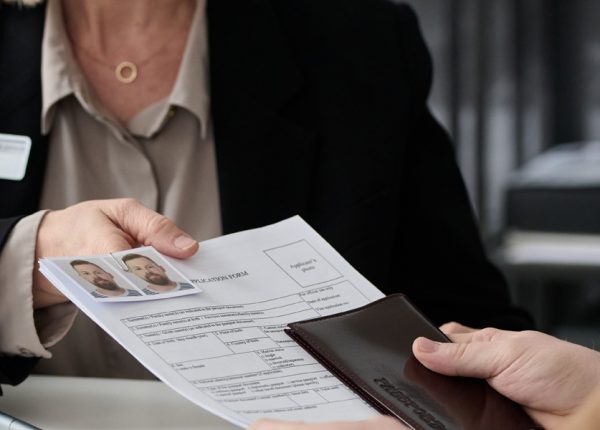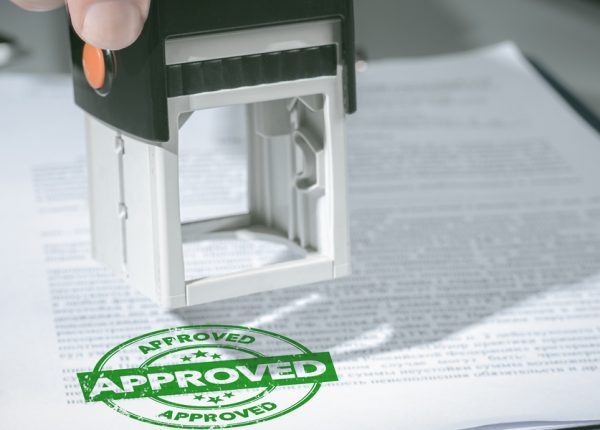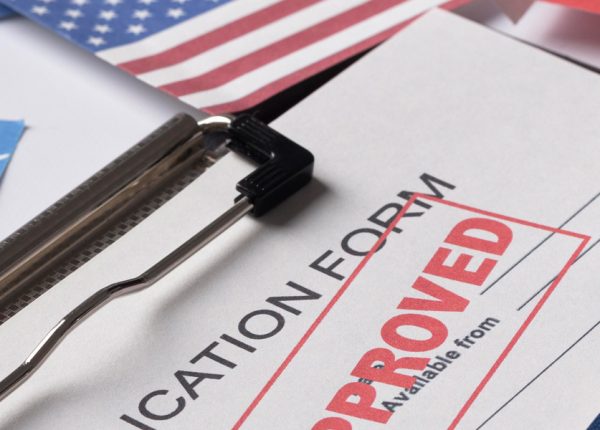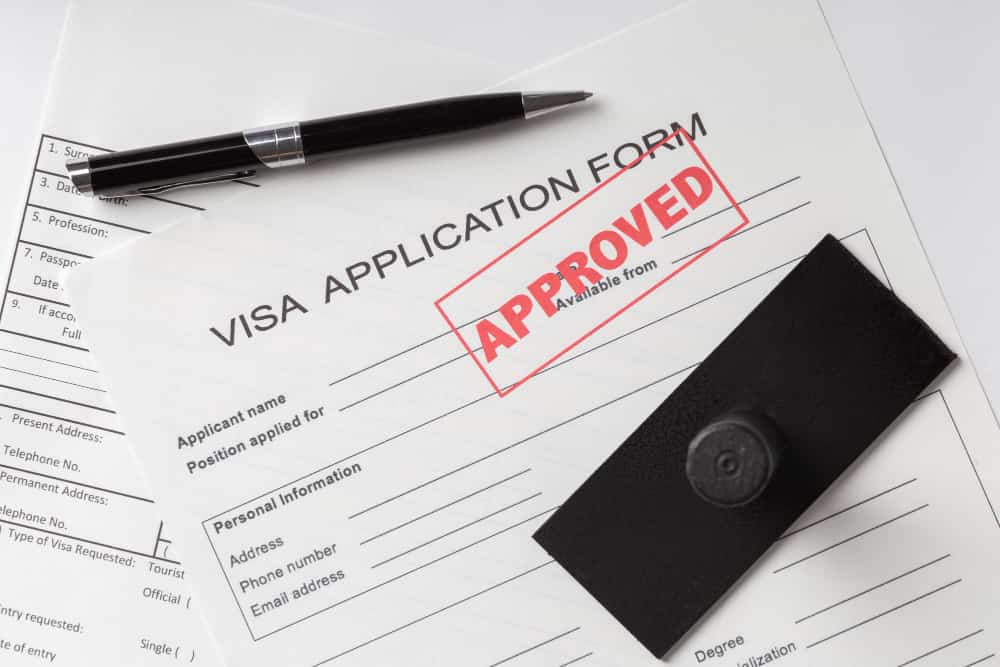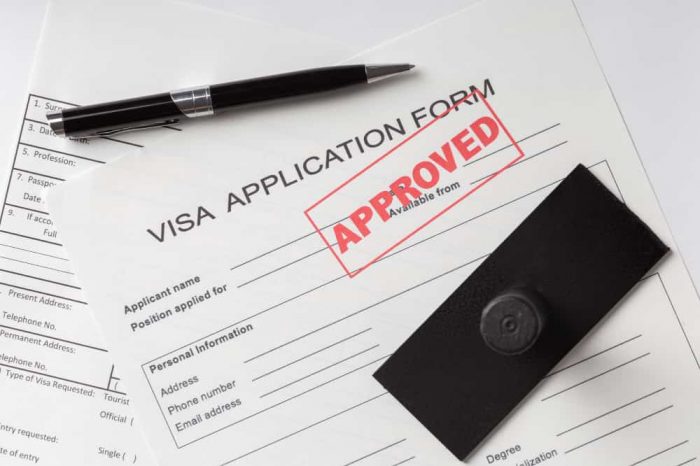Immigrants
The legal demands of “immigrants” are complex and vary, It covers a variety of topics including border control, national security, visa and asylum laws, naturalization laws, deportation, and issues related to employment of foreign nationals. A major part of immigration law involves the legal rights of immigrants and refugees, including the right to remain in a country, the right to work, and the rights of those seeking asylum. It also covers matters such as family reunification, immigrant investor programs, and the rights of immigrants living in detention centers. Immigration law is also closely linked to international law, and national governments are bound by a number of international treaties on the rights and obligations of nations regarding the rights of immigrants.
Common legal issues
By selecting each issue, we will filter related articles for you.
Most successful lawyers in LegaMart for Immigrants
As an Immigrant, you need to know the followings:
As exciting as it may appear, immigrating to a country is complicated and time-consuming. Immigrants may face a variety of legal issues and challenges as a result of their immigration status. These are just a few legal issues and difficulties immigrants may face. Immigrants should seek legal advice and representation to help them navigate these and other legal issues that may arise. Among these concerns are the following:

Visa processing
Immigrants can apply for various visas, each of which has its own processing time. Consider the purpose, the length of time you intend to stay in the country, whether you already have relatives there, the financial requirements, supporting documents, and so on when choosing a visa. The ties between your home country and the country you are applying to will also influence your visa application.

Deportation cases
Immigrants violating the country’s laws and regulations may be deported or face removal proceedings. Individuals must be aware of the do’s and don’ts in the country they are relocating to. The process of re-entering the country can take years and even cause immigration problems for family members. This necessitates a compelling reason for re-entering the country. Being convicted in a criminal case and staying in the country for an extended period are two of the most common reasons for deportation.

Getting the residency permit
Depending on the visa, it takes at least 5-7 years to obtain a residency permit in large countries such as the United Kingdom and the United States. In addition, documentation regarding your financial resources, housing, proof of citizenship, and other factors are required.

Obtaining citizenship
Processing a citizenship application after immigrating to a new country usually takes 6-12 months. It involves a checklist of various requirements and documents related to your continuous residence, payslips, and much more.
Latest Articles
Tell us more about your problem.
Please give a brief description about what it is you need to talk to our lawyers about ?
Frequently Asked Questions
How can online legal platforms assist immigrants in finding potential visa sponsors?
Online legal platforms can assist immigrants in finding potential visa sponsors by providing them with access to databases of employers who are willing to sponsor visas for foreign workers. These platforms can also provide guidance on the different types of visas available and the requirements for each, as well as helping potential immigrants determine their eligibility for various visas.
Online legal platforms can also help immigrants prepare their visa applications, including gathering necessary documentation, filling out forms correctly, and submitting the application to the appropriate agency. They can provide ongoing support throughout the visa application process, from initial application through approval or denial.
Finally, online legal platforms can offer resources for immigrants seeking work in specific industries or geographic areas, connecting them with potential employers and helping them navigate the job search process. By providing these services, online legal platforms can help immigrants find potential visa sponsors and increase their chances of obtaining a work visa.
What are the requirements and limitations for visa relocation?
The requirements and limitations for visa relocation vary depending on the type of visa and the country in question. In general, however, there are some common requirements and limitations that apply to most visa relocation situations.
Requirements for visa relocation typically include:
Validity: The existing visa must be valid and not expired.
Eligibility: The immigrant must be eligible for the new visa category they wish to relocate to. This may involve meeting specific qualifications or requirements.
Documentation: The immigrant must provide all required documentation and complete any necessary forms.
Approval: The immigrant must receive approval from the relevant government authorities for the new visa category.
Limitations for visa relocation may include:
Timeframe: The immigrant may have restrictions on when they can apply for a new visa, such as waiting until a certain amount of time has passed since their initial arrival.
Approval process: The approval process for a new visa can take time and is subject to the discretion of the relevant authorities.
Job offer: The immigrant may need to secure a job offer in a new field or industry if they are relocating to work under a different visa category.
Limited time to find employment: Some visas require the immigrant to find employment within a certain timeframe, or else they risk losing their visa status.
Financial requirements: Some visas may require the immigrant to have a certain amount of financial support or savings to cover their expenses during the relocation process.
Online legal platforms can provide guidance on the requirements and limitations for visa relocation, as well as assistance with preparing the necessary documents and completing the application process. By offering support throughout the relocation process, online legal platforms can help immigrants navigate the complexities of visa relocation and increase their chances of a successful outcome.
What is a residency license and how can international entrepreneurs and businessmen in the UK or China obtain it?
A residency license, also known as a residency permit or visa, is a document that allows an individual to live and work in a foreign country for a defined period of time. The specific requirements and criteria for obtaining a residency license vary depending on the country and the type of license being sought.
For international entrepreneurs and businessmen in the UK or China, the following options may be available:
In the UK:
Tier 1 (Entrepreneur) Visa: This visa is for entrepreneurs who want to start a new business or take over an existing one in the UK. To apply, the entrepreneur must have access to at least £50,000 in funds and meet other eligibility criteria.
Tier 1 (Investor) Visa: This visa is for high net worth individuals who want to make a substantial financial investment in the UK. To apply, the investor must have access to at least £2 million in funds and meet other eligibility criteria.
Tier 2 (General) Visa: This visa is for skilled workers who have a job offer from a UK employer and meet certain eligibility criteria, including English language proficiency and minimum salary requirements.
Representative of an Overseas Business Visa: This visa is for employees of overseas companies who want to establish a branch or subsidiary in the UK.
In China:
Work Z Visa: This visa is for foreigners who have been offered employment by a Chinese company. To apply, the employer must obtain a work permit notification letter from the local Human Resources and Social Security Bureau.
Business M Visa: This visa is for individuals who want to visit China for commercial and trade activities. The visa is typically valid for up to 90 days and can be extended if necessary.
Permanent Residence Permit: This permit is for foreigners who have made significant contributions to the Chinese economy or society. To apply, the applicant must meet specific criteria related to their investment, professional achievements, and language proficiency.
Online legal platforms can provide guidance on the specific requirements and criteria for obtaining a residency license in the UK or China, as well as assist with the application process by providing resources, advice, and support.
What are the legal requirements and criteria for obtaining citizenship, and how can online legal platforms provide guidance on meeting these requirements?
The legal requirements and criteria for obtaining citizenship vary from country to country, but some common ones include:
Length of residency: The applicant must have resided in the country for a certain period of time in order to be eligible for citizenship.
Language proficiency: Some countries require applicants to demonstrate proficiency in the country’s official language.
Good character: Applicants must provide evidence of good behavior and moral character.
Knowledge about the country: Applicants may be required to pass a test on their knowledge of the country’s history, culture, and political system.
Financial stability: Some countries require applicants to demonstrate that they can support themselves and any dependents during their stay in the country.
Online legal platforms can provide guidance on meeting these requirements by offering resources such as:
Informational articles and guides about the citizenship application process, including eligibility criteria and application requirements.
Eligibility assessment tools that help potential immigrants understand which citizenship programs they may be eligible for based on their qualifications and work history.
Document checklists and templates that simplify the process of gathering and submitting required documentation.
Immigration advice to help applicants navigate the complexities of the citizenship application process and ensure compliance with local laws and regulations.
By providing these resources, online legal platforms can help potential immigrants understand the legal requirements and criteria for obtaining citizenship in a new country, increase their chances of success, and reduce stress and uncertainty throughout the application process.
What are some common work permit issues, and how can online legal platforms help resolve them?
Some common work permit issues that immigrants may encounter include:
Difficulty gathering required documents: The process of collecting and submitting all necessary documents for a work permit application can be challenging and time-consuming.
Language barriers: Applicants may face language barriers when communicating with government authorities, which can make the work permit application process more difficult.
Meeting eligibility requirements: Some countries require applicants to meet certain eligibility criteria before being eligible to apply for a work permit.
Processing delays: Work permit applications may take longer to process than anticipated, leading to job loss or other difficulties.
Online legal platforms can help resolve these issues by providing a range of resources and services such as:
Document preparation assistance: Platforms can offer document checklists and templates that simplify the process of gathering and submitting required documentation.
Translation services: Platforms can offer translation services to assist applicants in communicating with government authorities.
Eligibility assessment tools: Online legal platforms can provide eligibility assessment tools that help potential immigrants understand which work permit programs they may be eligible for based on their qualifications and work history.
Application form assistance: Platforms can offer guidance and support with completing the application form and ensure that it is filled out correctly.
Immigration advice: Platforms can provide immigration advice to help applicants navigate the complexities of the work permit application process and ensure compliance with local laws and regulations.
By offering these resources and services, online legal platforms can help mitigate some of the common issues associated with obtaining a work permit and increase the chances of success for the applicant. Additionally, they can offer support throughout the entire process to ensure a successful outcome.
What are the legal requirements and criteria for obtaining investment and business immigration visas, and how can online legal platforms provide guidance on meeting these requirements?
The legal requirements and criteria for obtaining investment and business immigration visas vary depending on the specific program being applied for, but some general requirements are as follows:
Eligibility: The applicant must meet specific eligibility criteria, which may include having a certain level of education or experience, demonstrating a certain level of financial investment, and meeting other requirements.
Business plan: The applicant must prepare a detailed business plan outlining the proposed investment or business activities in the destination country.
Investment or capital requirement: Applicants for investment and business immigration visas typically must make a substantial investment or demonstrate access to significant capital.
Job creation: The proposed investment or business venture should create jobs and contribute to the local economy.
Admissibility: The applicant must meet admissibility requirements, such as passing criminal and medical background checks.
Online legal platforms can provide guidance on meeting these requirements by offering a range of resources such as:
Informational articles and guides about the investment and business immigration visa application process, including eligibility criteria and application requirements.
Eligibility assessment tools that help potential investors understand which investment and business immigration visa programs they may be eligible for based on their qualifications and circumstances.
Business plan review: Platforms can offer assistance with reviewing and preparing a comprehensive business plan.
Document checklists and templates that simplify the process of gathering and submitting required documentation.
Immigration advice to help applicants navigate the complexities of the investment and business immigration visa application process and ensure compliance with local laws and regulations.
By providing these resources, online legal platforms can help potential investors understand the legal requirements and criteria for obtaining an investment or business immigration visa, increase their chances of success, and reduce stress and uncertainty throughout the application process. Additionally, they can offer support throughout the entire process to help ensure a successful outcome.
What is the process and timeline for obtaining an investment or business immigration visa in the UK or China?
The process and timeline for obtaining an investment or business immigration visa in the UK or China depend on the specific program being applied for, but some general steps and timelines are as follows:
In the UK:
Eligibility assessment: The applicant must meet the eligibility criteria for the Tier 1 (Investor) Visa program, including having at least £2 million to invest in the UK.
Application preparation: The applicant must gather all required documents, such as their business plan and evidence of funds, and submit the application.
Biometrics: The applicant must provide their biometric data, such as fingerprints and a photograph.
Decision: The UK Home Office will assess the application and make a decision on whether to grant the visa.
Issuance of visa: If the visa is granted, the applicant will receive their visa and can travel to the UK.
The processing time for a Tier 1 (Investor) Visa may vary depending on several factors, but it typically takes around 8 weeks or longer.
In China:
Eligibility assessment: The applicant must meet the eligibility criteria for the investment or business immigration program they are applying for.
Business plan preparation: The applicant must prepare a detailed business plan outlining the proposed investment or business activities in China.
Application preparation: The applicant must gather all required documents and submit the application to the Chinese embassy or consulate.
Review and decision: The embassy or consulate will review the application and make a decision on whether to grant the visa.
Issuance of visa: If the visa is granted, the applicant will receive their visa and can travel to China.
The processing time for an investment or business immigration visa in China may vary depending on several factors, but it typically takes around 4-8 weeks.
It is important to note that the timelines listed above are general estimates and can vary based on individual circumstances, such as the complexity of the case, visa category, and the availability of appointment dates. Online legal platforms can provide guidance on specific investment and business immigration visa programs in the UK or China, as well as provide resources, advice, and support throughout the application and renewal process to help minimize delays and ensure a successful outcome.
